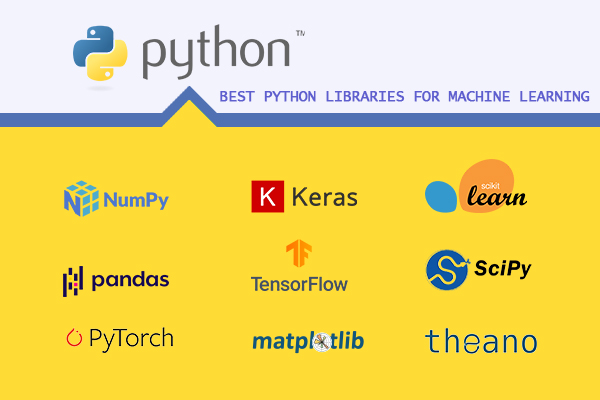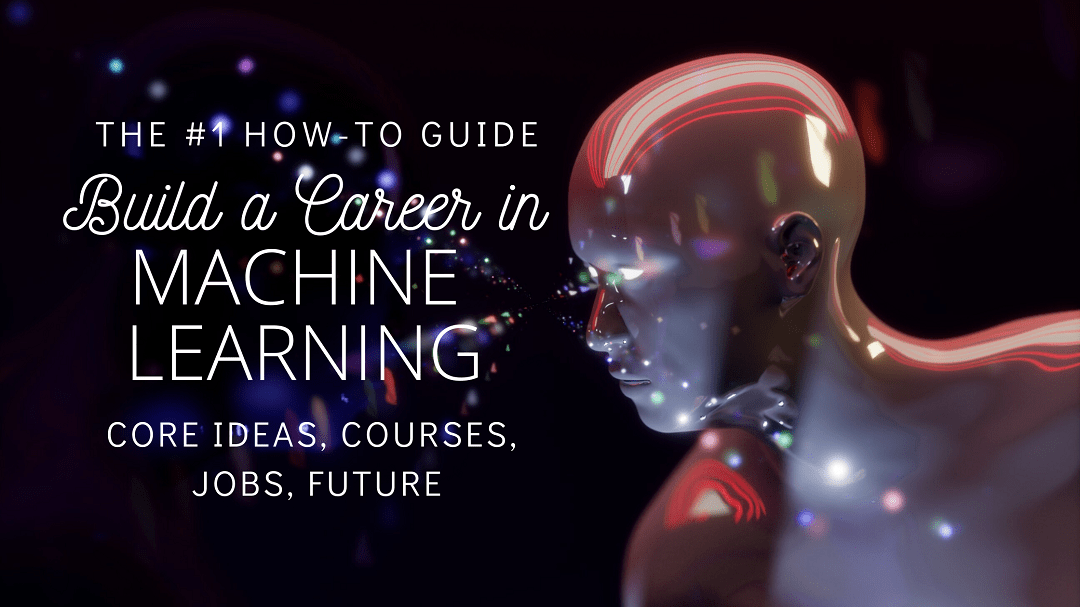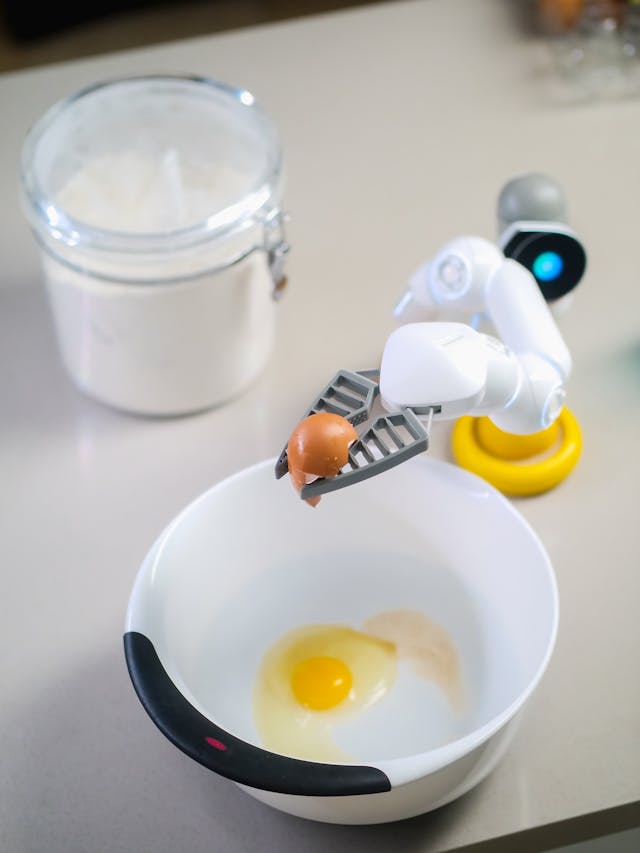In the bustling world of technology, data science and data engineering are buzzwords that often make an appearance. They’re like two sides of a coin, each essential but distinct. Yet, there’s an ongoing debate about whether data science is predominantly data engineering. Let’s explore this intriguing question and see what the experts say.
Understanding the Basics of Data Science and Data Engineering
Data science is a vast field that involves extracting insights and knowledge from data. It’s all about finding patterns, making predictions, and aiding decision-making processes through statistical methods and algorithms. On the other hand, data engineering focuses on the practical application of data collection and preparation, ensuring data is in the right shape and place for analysis.
Data scientists are often the storytellers of data. They use analytical skills and machine learning to unveil insights hidden within data sets. Meanwhile, data engineers are the builders. They construct and maintain the architecture needed to process and store vast amounts of data. While these roles are intertwined, they differ in focus and skill sets. For example, data scientists might work on predicting customer behavior, while data engineers ensure the data infrastructure supports such complex tasks.
In real-world scenarios, these fields often collaborate. A data science project might involve creating a model to predict stock prices, while data engineering would manage the data pipeline that feeds live data into that model. Both roles are crucial, yet distinct in their contributions.
Diving Into the 80/20 Rule in Data Science
The 80/20 rule, or the Pareto Principle, suggests that 80% of effects come from 20% of causes. In data science, this rule is often applied to depict how much time data scientists spend on different tasks. Many claim that data scientists spend about 80% of their time on data engineering tasks such as cleaning and preparing data.
This might seem like an exaggeration, but it underscores a reality many data professionals face. Before models can analyze data, data must be processed, cleaned, and organized—a task that falls under data engineering. Some studies, such as those by Anaconda, back this claim, indicating that data preparation is indeed a massive part of a data scientist’s workload.
While these figures might vary depending on the organization and the complexity of the projects, the essence remains the same. Data engineering tasks are undeniably a significant portion of a data scientist’s job.
The Significance of Data Engineering in Data Science
Data engineering acts as the backbone of data science. Without a robust data infrastructure, even the most sophisticated models can fail. Good data engineering practices ensure that data is accurate, accessible, and usable, which directly impacts the quality of data science outcomes.
Consider a project where a retail company wants to analyze purchasing habits. Data engineering would ensure that transaction data from different outlets is consolidated and structured effectively. Without this step, data scientists would struggle to glean accurate insights.
Strong data engineering not only enhances data quality but also speeds up the entire data science process. It allows data scientists to focus more on analysis and modeling rather than data wrangling, leading to more efficient and impactful results.
The Future of Data Science and Data Engineering
The landscape of data science and data engineering is continually evolving. With the rapid advancements in technology, the balance between these two fields might shift. Automation and AI tools are beginning to handle data preparation tasks that were once manual, potentially reducing the time data scientists spend on data engineering.
Additionally, the emergence of DataOps—a practice that integrates data engineering, data science, and operations—may further blend these roles. This evolution points to a future where the lines between data science and data engineering could blur, leading to more integrated, seamless workflows.
Technological innovations such as cloud computing and advanced data management platforms are also likely to impact this balance, enabling more efficient data handling and analysis.
Wrapping Up the Great Debate
In summary, while data science and data engineering are distinct, they are interdependent. The debate over whether data science is 80% data engineering highlights the critical role data engineering plays in the data science process. Both fields bring unique skills and perspectives that, when combined, drive innovation and insights.
For data scientists and data engineers, collaboration is key. By understanding each other’s roles and leveraging their strengths, they can work together to tackle complex challenges. This partnership not only enhances project outcomes but also fosters a culture of continuous learning and improvement.
Whether you’re a data scientist, a data engineer, or a tech enthusiast, this discussion invites you to explore further. Share your thoughts, engage with your peers, and contribute to the evolving narrative of data science and data engineering.
























